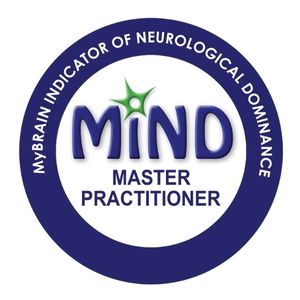I remember endlessly learning. I studied languages at university, German and Russian, and I used to spend hours learning the structures, vocabulary and grammar.
Trying to understand the logic of the language and I had a perfectionist streak, which meant that I always wanted to get it right and make no mistakes. It was what I always had done: focused on learning to excel in tests and exams, to be a top-grade student. I wanted to be 100% perfect.
I then lived for several months in both Germany and Russia, studying and working, and realised something fundamental about language learning, which nobody had ever mentioned, let alone taught me.
Speaking another language, living in a new country, working internationally and understanding a culture is not about how much grammar or how many words you know. It is not about your test results or how ‘good’ you are at languages.
It is about communicating, connecting, opening your mouth and sharing your views, in the way that you can.
Sure, it is great to be correct, and you certainly need the fundamentals secure so people can understand you, but also there is something else.
Real life is about interaction and people can only know who you are and what you can do, if you start communicating.
Perfectionism is not going to help you be a better communicator.
Speaking, finding different ways to express yourself and in the moment not worrying about the correct word, grammar or pronunciation is more important.
I know some of my English language clients struggle with this.
They may know the ‘rules’ of the English language, and in theory know the language at an advanced level.
When a client comes to me and wants to improve their English grammar, pronunciation or their vocabulary, I always check in. Is this the real issue or is there a different driver?
I often find the real issue at heart is English communication confidence and my role is to work with my clients in a variety of structured, specific exercises, bespoke to their professional situation and challenges.
So they can achieve English communication agility on their journey to improve their performance, self-development and achieving their career dreams.
To feel more relaxed to be just themselves.
Knowing that mistakes happen, and to be alright with that.
To trust in their communication agility to engage in the conversation.
So they can connect and engage with others.
It is not about being perfect, it is about being English-Agile.





